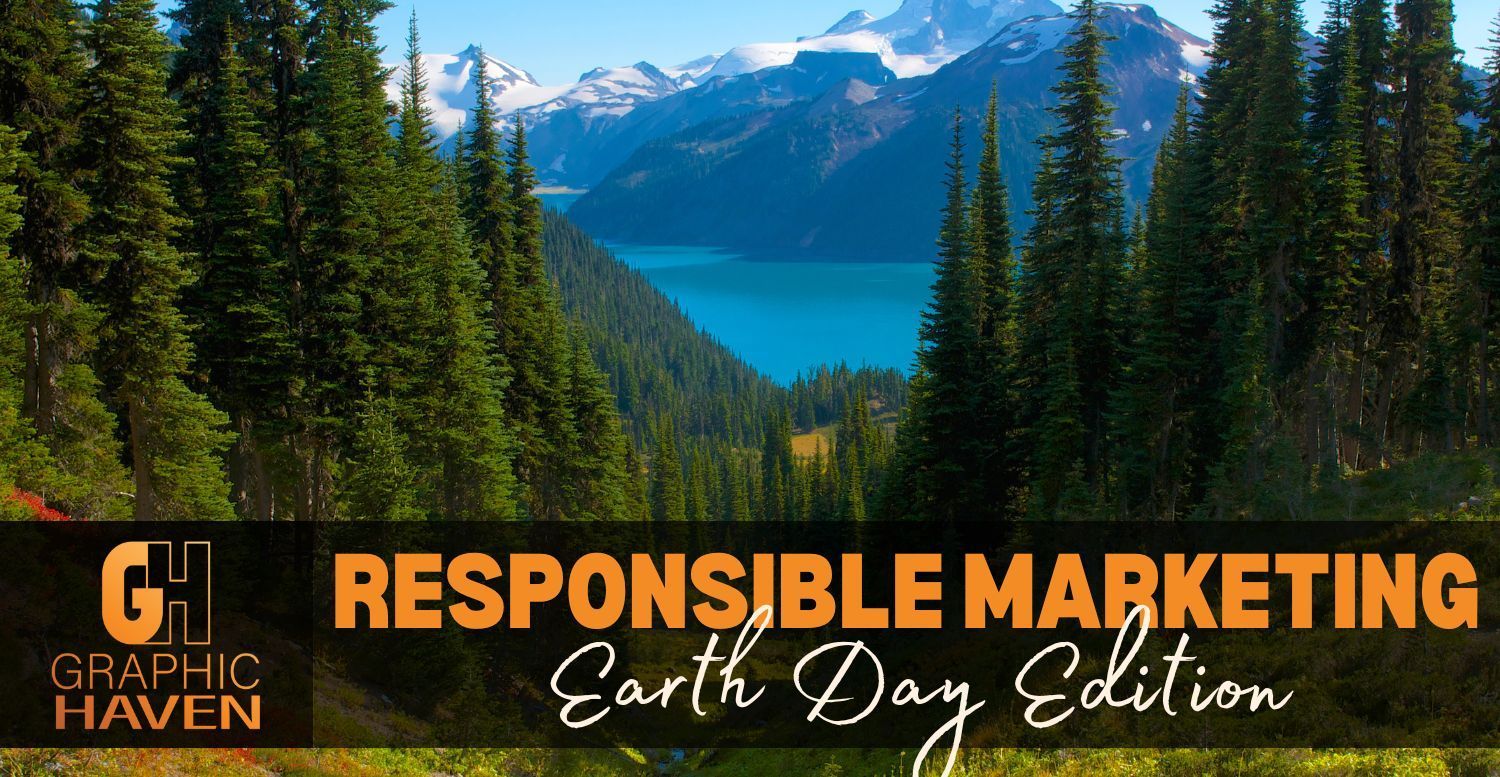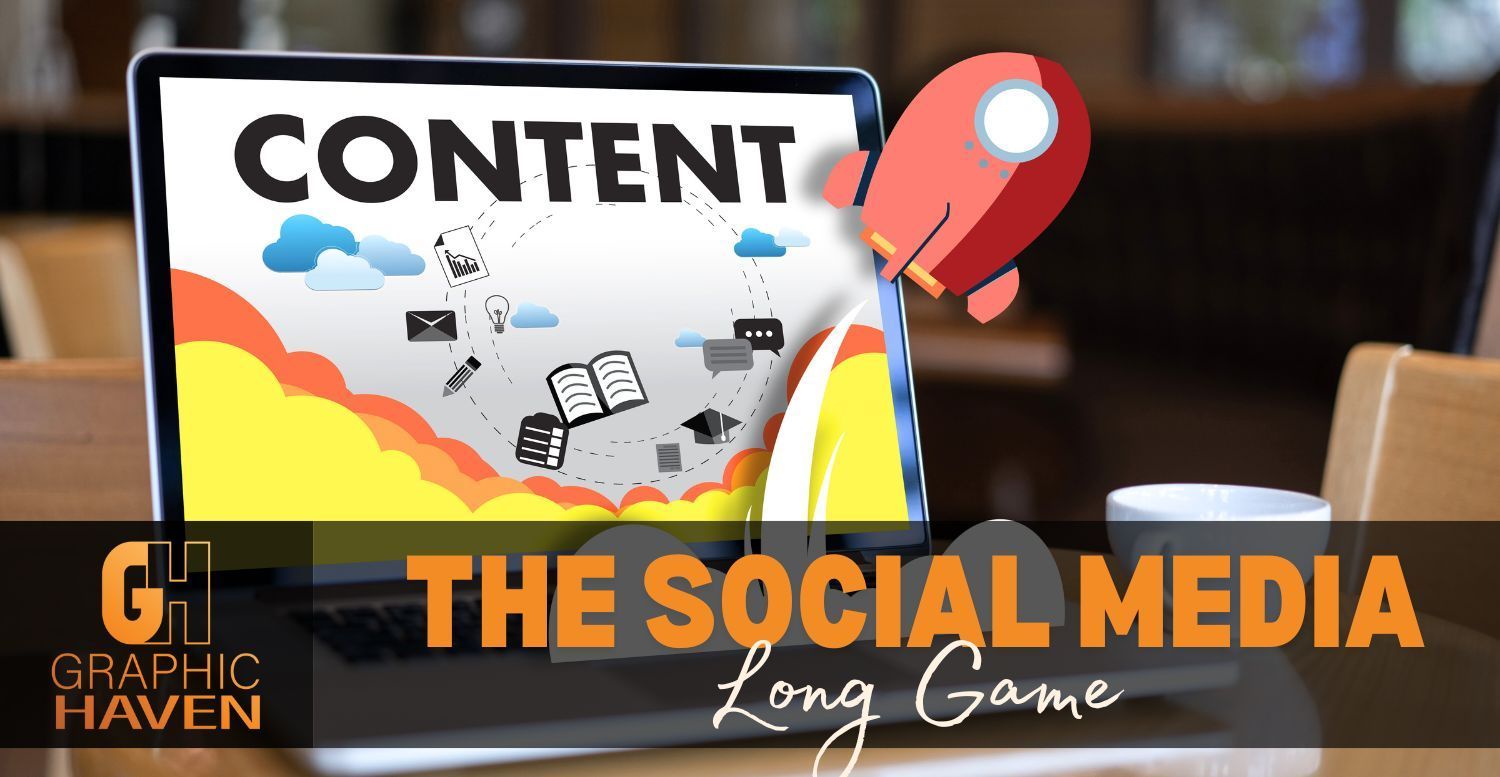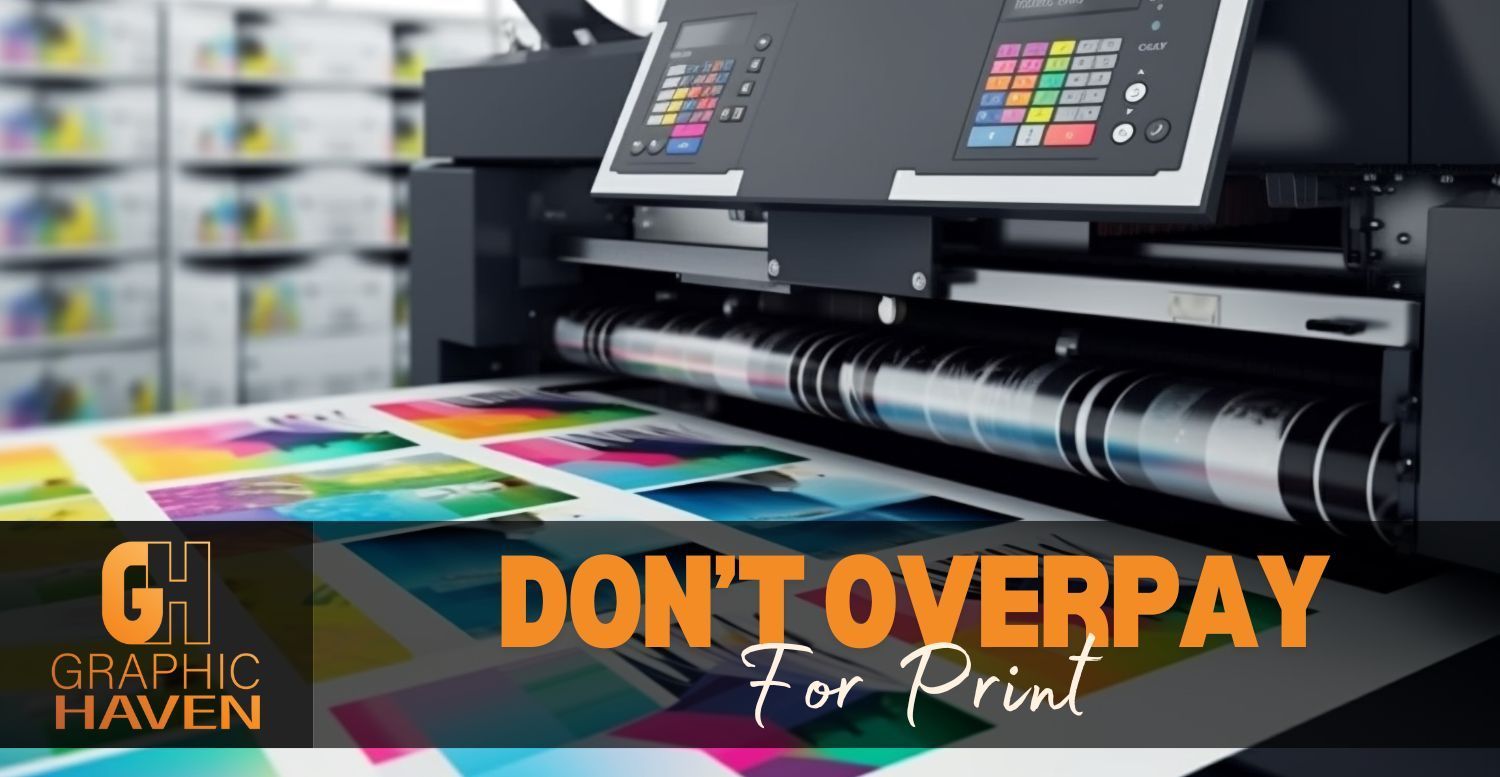The Ticket to Trust: Avoid Hidden Fees
SHARE WITH YOUR FRIENDS:
At Graphic Haven, we believe that ethical marketing isn't just good practice—it's essential for long-term customer loyalty. One major component to being a business consumers can trust includes up front pricing. Advertising a product or service at an attractive price, only to reveal hidden fees or conditions at the point of purchase isn't only frustrating to the buyer, it can be down right illegal. This "bait-and-switch" approach not only erodes consumer trust but also violates federal laws designed to protect buyers from misleading marketing practices.
What is Bait and Switch Marketing?
Bait-and-switch is a deceptive marketing tactic where a company advertises a product or service at a low price (the "bait") to attract customers, only to reveal additional costs or push a different, more expensive product (the "switch") during the purchasing process. This strategy is illegal under the Federal Trade Commission (FTC) Act, which prohibits unfair or deceptive acts or practices in commerce. The FTC has taken action against companies employing such tactics, emphasizing the importance of transparent pricing and honest advertising.
One example in the news a lot lately is the hidden fees being added during checkout with TicketMaster.com. Buying an $80 concert ticket ends up being $150 by the time you're done. The issue gained national attention during the 2022 Taylor Swift Eras Tour presale, where fans faced exorbitant fees and technical glitches. The debacle prompted investigations and a lawsuit from the Department of Justice, accusing Ticketmaster and its parent company, Live Nation, that inflated prices and limited competition in a monopoly style hold on the market.
Why not just list the ticket price as $150 right away? There's some psychology wrapped around people's habits during the checkout process. In the example of the concert ticket, $80 sounds like a good price for the experience. Then another $5 here or there isn't that big of a deal. So it's an easy way to upsell an $80 purchase into a $90 purchase.
When companies start to test the limits of how much they can tack on at the end of the sale before the buyer feels it's too expensive, there is still a chance they'll still complete the sale instead of empty their cart. As humans we have a tendency to fall for something called the "sunken cost fallacy." This has to do with how much time we put into something before we abandon it.
So if we've spent the past 15 minutes clicking through all of the terms & conditions, descriptions of additional fees, and other processes during check out, our brains feel resigned to complete the task even if it is now beyond what we felt was a good value. Many people end up thinking, "Well, I'm not happy about the price but I already made the decision to go. There's nothing I can do about it now and I've already came this far... "
The Importance of Ethical Marketing
All of the hoopla around fed up Ticketmaster customers has created the Federal Trade Commission "Junk Fees Rule" that went into effect on May 12. It says that event ticket sellers, hotels and short-term rental services (like Air BnB) must provide up-front pricing to consumers. The Junk Fees Rule is meant to ban deceptive bait-and-switch activity that drives up prices while closing the sale. It does not say that the fees go away and the final price will be lower, just that they make it more clear what the final price will be right away.
Deceptive tactics like bait-and-switch not only violate legal standards but also damage brand reputation. To keep you and your business out of legal hot water, it's important to be clear with your customers what your products and services will cost. Transparent pricing, honest advertising, and clear communication are key to maintaining a positive relationship and gain referrals in the future.
That's not to say that you can't also use the add-on and upsell techniques in your business to increase sales. The important distinction is that they are OPTIONAL to the customer. For example, if Ticketmaster recommended I upgrade my ticket to a VIP experience for an extra $50 and I had the choice to decline, that's totally fine. If there's an extra $50 convenience fee because I bought the tickets online when that is the only way tickets are sold, that is crossing over into bait-and-switch tactics.
What Story Is Your Marketing Telling?
By learning from cases like Ticketmaster's, businesses can take a look at their own marketing and sales processes with a new lens. It may be time to adjust some of your add-ons and turn them into positive upgrades instead of mandatory fees. Embracing ethical practices is not just about avoiding legal repercussions—it's about building a brand that customers respect and trust.
If you'd like some outside opinions on how to improve your marketing message, feel free to reach out to Graphic Haven to discuss. We'd love to help develop a clear strategy to build the trust with your audiences that drives more business!
SHARE WITH YOUR FRIENDS:







